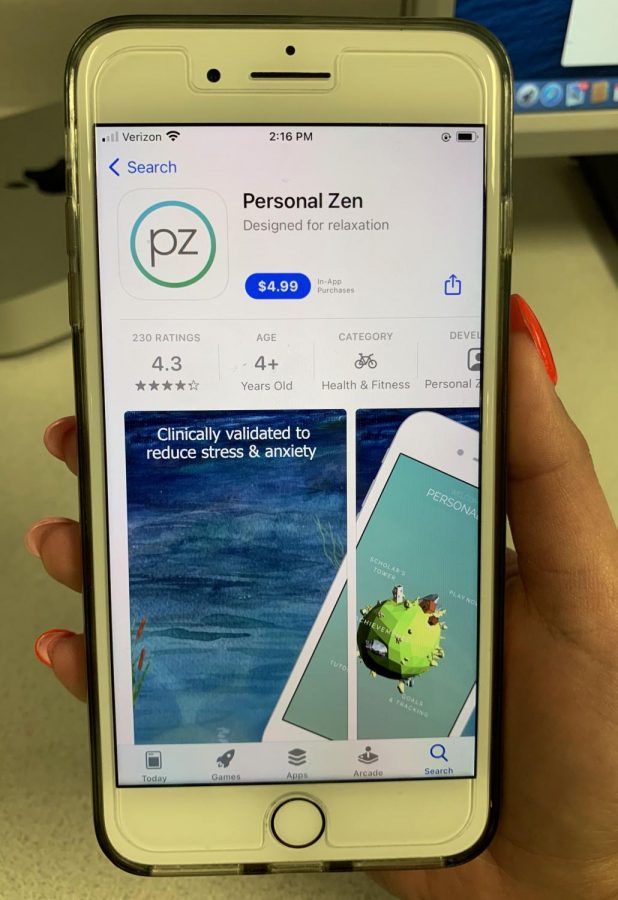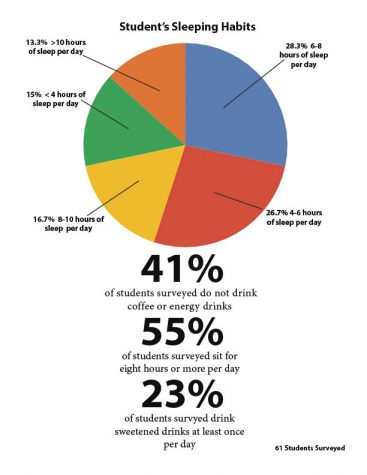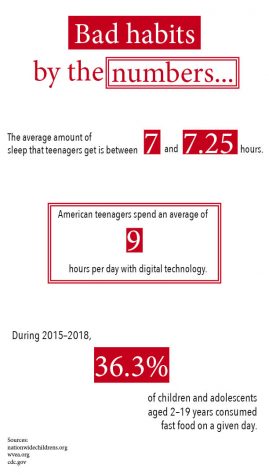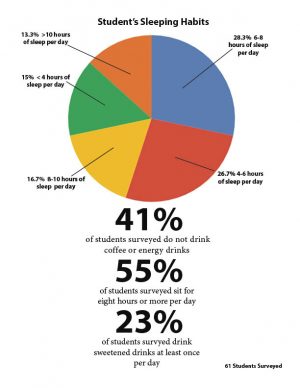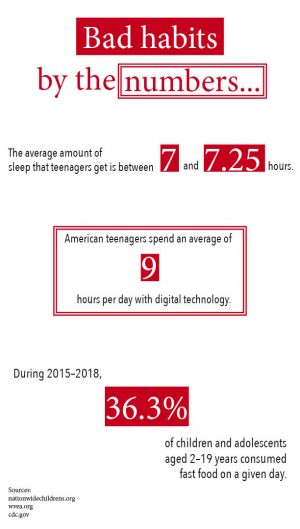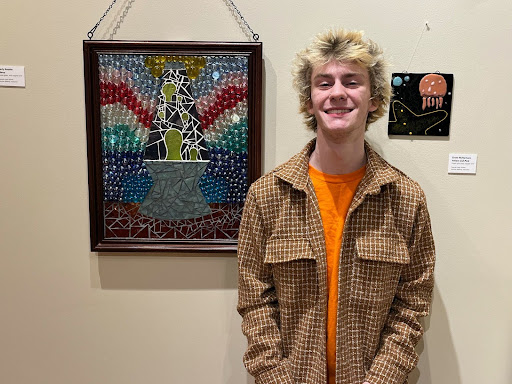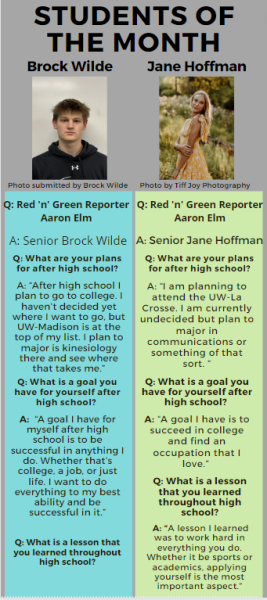Screen time affects mental health, sleep
Medical News Today states that the app Personal Zen reduces anxiety symptoms during stressful events. This app is available for purchase in the app store.
February 26, 2021
For many teenagers, phones, computers and televisions are involved in some way throughout our day. There have been many studies showing the negative effects of a high screen time. For junior Heather McCormick her phone is an important item needed to complete daily tasks.
“I use my phone and laptop, more so at night time or right in the morning. It doesn’t affect too much, it’s just how my days work out,” McCormick said.
McCormick says that sometimes her screen time is not always a bad thing. In fact, Medical News Today states that certain apps can help in reducing stress.
“I use it often to help destress and take away from anxiety, allso to distract my mind when I’m not in the best mindset. But, if I’m on it extensively for the sake of doing so then the habit may be bad,” McCormick said.
Other students may disagree and believe that phones are bad for mental health. Sophomore Haley Gaetzke is one of these students.
“Overall being off of your phone improves your mental health because you’re not looking at screens 100 percent of the time. I also enjoy talking to my friends and family in person instead of through a phone,” Gaetzke said.
Having less screen time can also contribute to better sleep at night.
“When I am on my phone for less time it improves my sleep because I am not getting distracted by my notifications,” Gaetzke said.
Staying up late on a phone can trickle into another bad habit which is not getting enough sleep. Senior Anthony Otterstrom often falls asleep watching Youtube videos. Since switching to online school, Otterstrom got a chance to fix his sleep schedule.
“I aim to fall asleep no later than midnight on weekdays. On weeknights I sleep when I get tired. I have alarms set from eight to ten, but if I have nothing important to do then I may cancel the first round of alarms,” Otterstrom said.
Otterstrom agrees that getting enough sleep provides many benefits.
“I think sleep is very important. It allows the brain to rest. My body is usually sore and exhausted when I finally go to bed, so waking up feeling rested and with energy is the best,” Otterstrom said.
Everyone has their own routine that works best for them. For some students that would mean staying up until 2 a.m. on their phones and for others that would mean being asleep by 9 p.m.
“I think everybody should have their own sleeping habit. Sleep when you feel comfortable, as long as you’re not interrupting other people’s time. I hate waking up late and I know I shouldn’t oversleep. I think that eight to ten hours is a good amount,” Otterstrom said.

